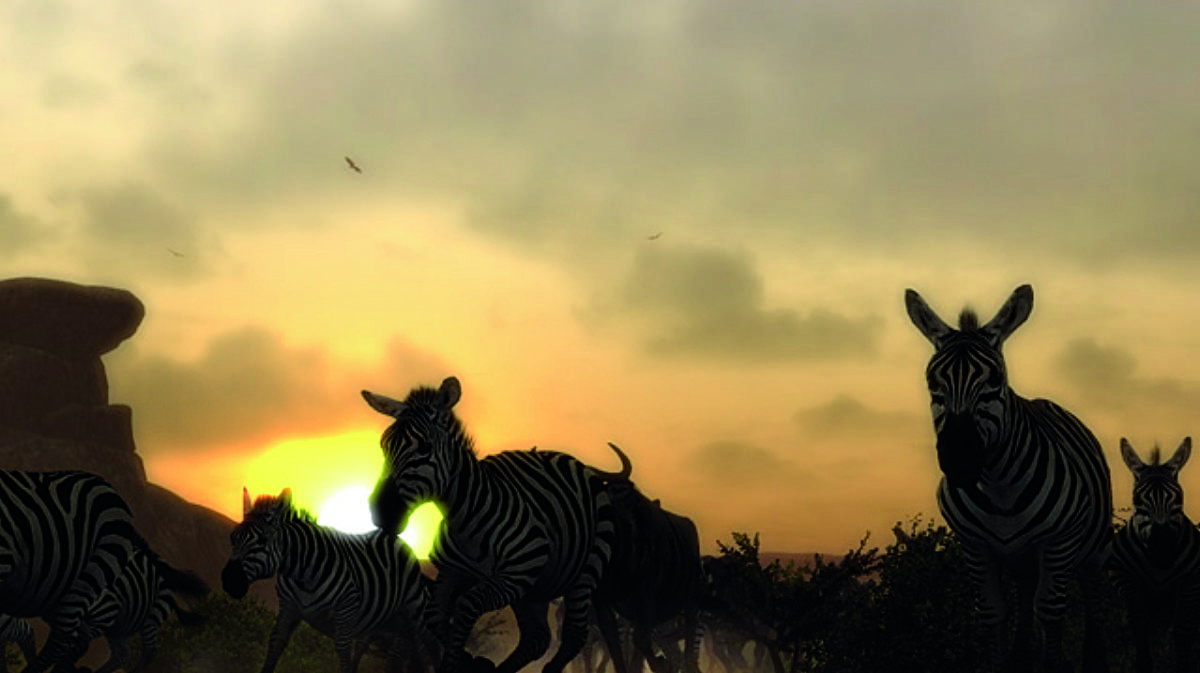Why you can trust 12DOVE
For a game that places so much value on the visual, on seeing unusual stuff and photographing and filming stuff, but which never goes as far as letting us interact directly with the subjects in question, it’s inevitable that Afrika is not entirely satisfactory. It’s easy to compile montages that make Afrika appear more technically awesome than it actually is.
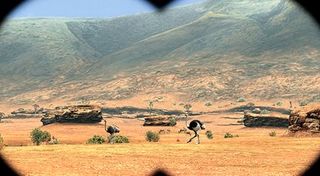
Seen up-close and from infinite different perspectives – in motion, and in perfect stillness while waiting for something to happen – it becomes apparent that the graphics engine powering this experience is 50 percent incredible and 50 percent hideous. The incredible parts include the lifelike animation and hi-res textures of every last creature, the changing sky, and the draw distance. The hideous bits include the cheap-trick stretched horizon images, the PS2-level terrain textures, the invisible walls and the framerate, which is shakier than the hands of a debutant plastic surgeon. The overall effect is such that while Afrika looks great in the key places, you can tell it’s just an elaborate hoax.
There are other shortcuts taken which again show that Afrika isn’t truly committed to realism. For example, the screen flashes red for danger when you get too close to an animal that has aggressive/defensive instincts, but even if you stand your ground or move closer, the only real danger is that you’ll trigger a cutscene of the animal stampeding against a black background, out of context, and then find yourself dazed but waking back in your tent. There’s no Game Over screen in Afrika.
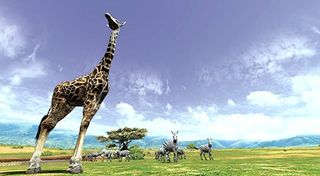
But hey, Afrika isn’t a traditional game: it’s one of the new-school of edutainment titles with a game-like reward system in place, to keep everything together. It’s even supported by the National Geographic, which provides entries in Afrika’s Geo Afrika mode (a safari-themed Encarta). It’s compelling stuff and makes for a great exploratory experience, even if it is a bit ropey in places.
Oct 13, 2009
More info
| Genre | Simulation |
| Description | What was once an E3 centerpiece of PS3 power now slinks to the US via publisher Natsume. Certainly it has a beautifully realized African setting, but it holds the player back and is too sterile. |
| Platform | "PS3" |
| US censor rating | "Everyone 10+" |
| UK censor rating | "" |
| Alternative names | "Hakuna Matata" |
| Release date | 1 January 1970 (US), 1 January 1970 (UK) |
Imagine FX and Creative Bloq editor Ian Dean is an expert on all things digital arts. Formerly the editor of Official PlayStation Magazine, PLAY Magazine, 3D World, XMB, X360, and PlayStation World, he’s no stranger to gaming, either. He’ll happily debate you for hours over the virtues of Days Gone, then settle the argument on the pitch over a game of PES (pausing frequently while he cooks a roast dinner in the background). Just don’t call it eFootball, or it might bring tears to his eyes for the ISS glory days on PS1.
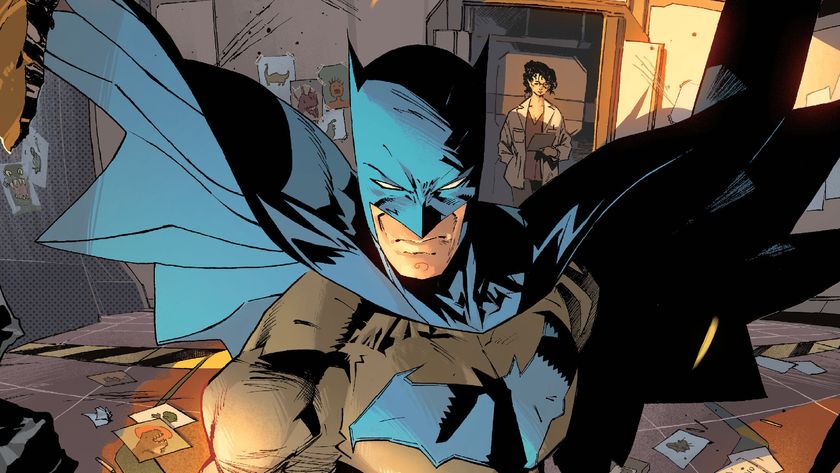
A new Batman #1 from Matt Fraction and Jorge Jiménez launches this September with a "revamped aesthetic," a throwback costume, and a new Batmobile
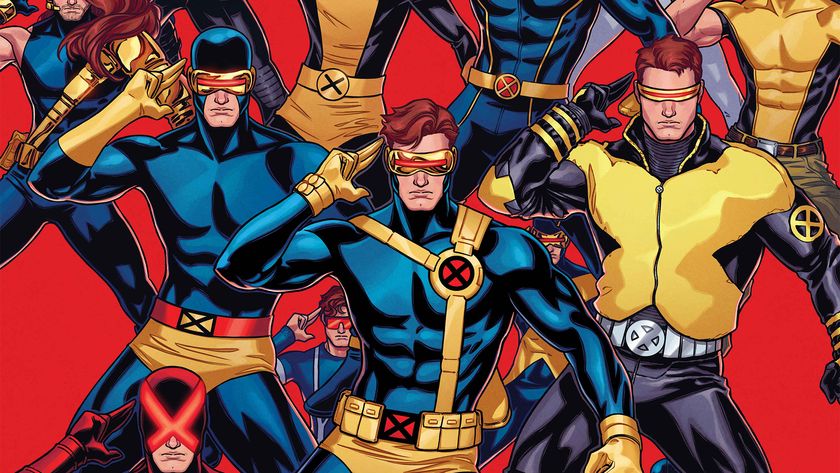
Marvel reveals its full slate of May 2025 comics and covers featuring the Avengers, the X-Men, Spider-Man, and more

Former Witcher 3 lead says his new vampire RPG Blood of Dawnwalker has a smaller open world because "it feels more like you actually know the place" compared to "behemoths"
Most Popular




